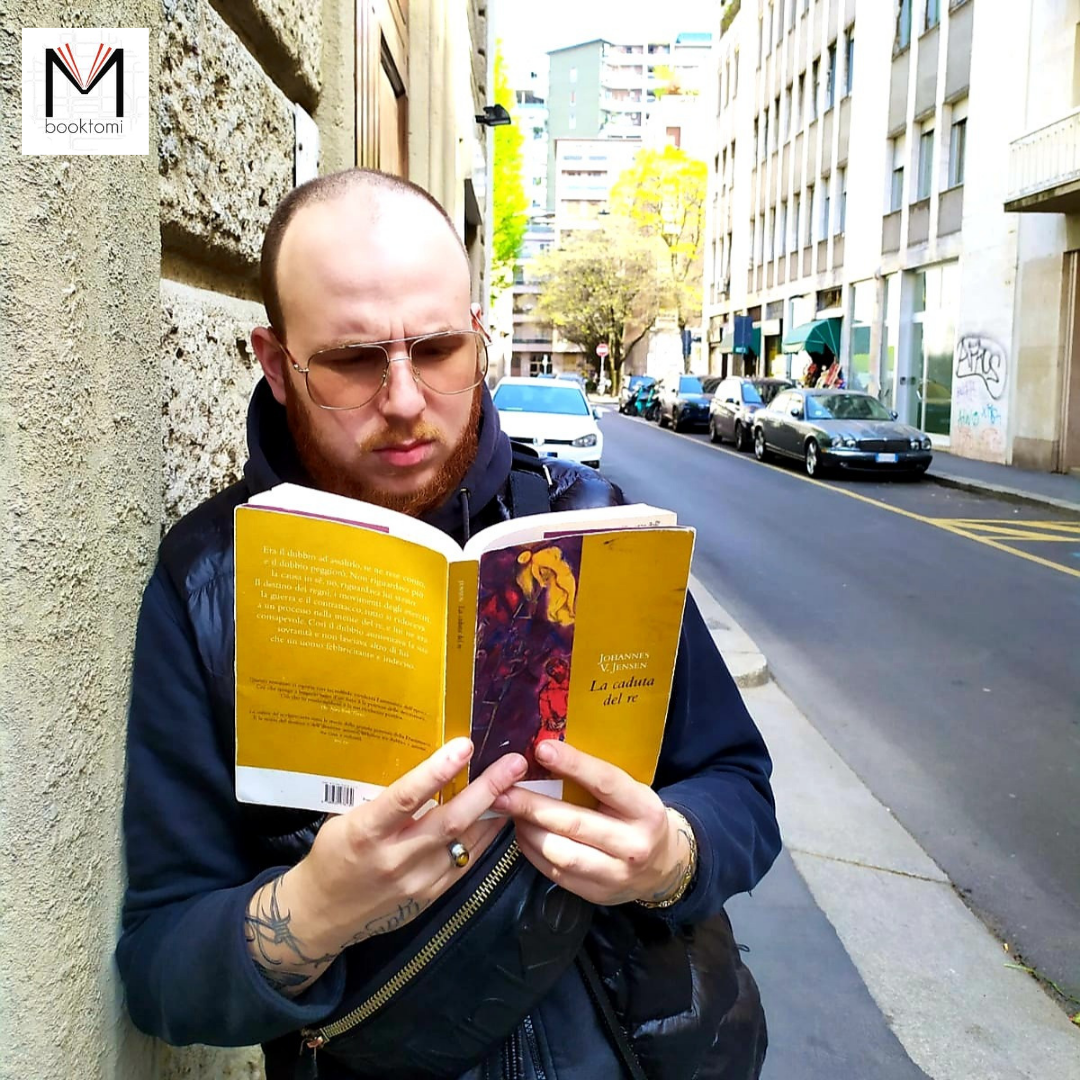“FRIDAY DI-VERSO”
“The nights are long and restless for the lonely, for the defenseless.“
What if the hundred years of solitude hadn’t passed in remote Macondo but a little further north, among the fjords of a dazzling and fabulous Denmark?
Wars, lovers, apparitions, landscapes so poignant as to be unreal and yet there they are, in front of our eyes, bright. Hearts devoured by passions that are cold as ice and burn like ice; characters who reappear as if evoked by an inscrutable destiny; the spirit of the time that dominates the dead and men, which leaves you stunned.
“Mikkel looked over the low hills and thought that only the countryside lasts, as generations pass through it like shadows of clouds.” The ephemeral grandeur of a life, of many lives, of a country, of history.
It is really complex to explain the beauty of these pages. To want to say something, to want to find a starting point, one could speak of the art of description. We are readers saturated with images in more than one sense: both from a literary point of view and from a more pragmatic, current point of view. We are so bombarded that we now visually look without seeing and literally fall prey to boredom. Because a description, as is well known, takes away time and space from the action and who can afford it, this luxury. Nevertheless. Reading this novel is like being “victims” of a miraculous spell: the mind’s eyes want to go back and savor every detail, every metaphor, every nuance of light and color. All haste dissolves and we want to lull ourselves in the contemplation of that moment.
“On its descent the bonfire of the sun found space to display its flames and all the clouds slipped from the sky like an eye slowly opening. When the sun was set, the sky remained bright and pale for a long time. The evening red s ‘intensified in the west, the sky thought, the twilight was so wide that it was falling, so was the coolness of the evening composed “.
But here there is not only this – J.V. Jensen writes in 1900, speaks of 1500 and does that thing, that exact gesture that launches an author beyond the border of forgetfulness: he describes a man, a heart, a timeless mind. Therefore it no longer matters if in effect we do not take a sword and look for treasures and (perhaps) have a little more politeness in relationships with the other sex – all the history that separates us, the one that it is measured in years, it collapses on itself in the last moments of a man who dies or of one he loves, of the one who seeks revenge or of the one who runs away (if only to seek his whole life to return).
Baricco said in a beautiful monologue on Cyrano: war, death, certain pains, compress all possibilities, screw them, sometimes with gentleness, others with less grace, but in the end they drip a few drops from that precise moment and it is easy that in those drops there is some truth. So today we read “The fall of the king” and, paying due attention, we see those almost one hundred years of the protagonist compress, squeeze out a few drops – and it is a moment to glimpse a truth, before it touches the ground and evaporates, in the grandeur ephemeral of a life, of many lives.
____________________________________________________________________________________________________
Johannes V. Jensen, The fall of the king, Carbonio, Milano, 2021
Original edition: Kongens Fald, 1900




